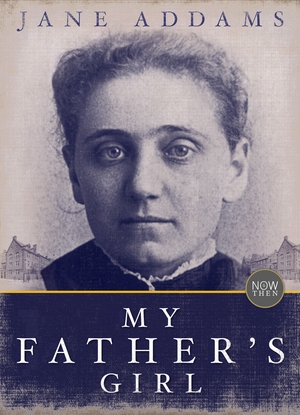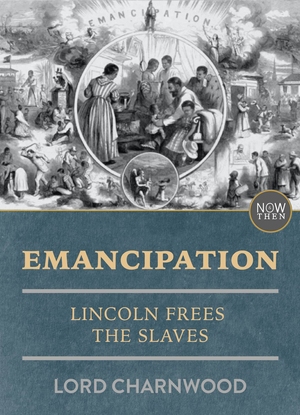Women in Slavery - Preview
Selections from her Journal of Residence on a Georgian Plantation, 1838-1839
by Frances Anne Kemble
WOMEN IN SLAVERY
Monday, 20th. [January 21, 1839]
My Dearest E[lizabeth],
A rather longer interval than usual has elapsed since I last wrote to you, but I must beg you to excuse it. I have had more than a usual amount of small daily occupations to fill my time; and, as a mere enumeration of these would not be very interesting to you, I will tell you a story which has just formed an admirable illustration for my observation of all the miseries of which this accursed system of slavery is the cause, even under the best and most humane administration of its laws and usages. Pray note it, my dear friend, for you will find, in the absence of all voluntary or even conscious cruelty on the part of the master, the best possible comment on a state of things which, without the slightest desire to injure and oppress, produces such intolerable results of injury and oppression.
We have, as a sort of under nursemaid and assistant of my dear M[argery], whose white complexion, as I wrote you, occasioned such indignation to my southern fellow travelers, and such extreme perplexity to the poor slaves on our arrival here, a much more orthodox servant for these parts, a young woman named Psyche, but commonly called Sack, not a very graceful abbreviation of the divine heathen appellation: she cannot be much over twenty, has a very pretty figure, a graceful gentle deportment, and a face which, but for its color (she is a dingy mulatto), would be pretty, and is extremely pleasing, from the perfect sweetness of its expression; she is always serious, not to say sad and silent, and has altogether an air of melancholy and timidity, that has frequently struck me very much, and would have made me think some special anxiety or sorrow must occasion it, but that God knows the whole condition of these wretched people naturally produces such a deportment, and there is no necessity to seek for special or peculiar causes to account for it. Just in proportion as I have found the slaves on this plantation intelligent and advanced beyond the general brutish level of the majority, I have observed this pathetic expression of countenance in them, a mixture of sadness and fear, the involuntary exhibition of the two feelings, which I suppose must be the predominant experience of their whole lives, regret and apprehension, not the less heavy, either of them, for being, in some degree, vague and indefinite—a sense of incalculable past loss and injury, and a dread of incalculable future loss and injury.








